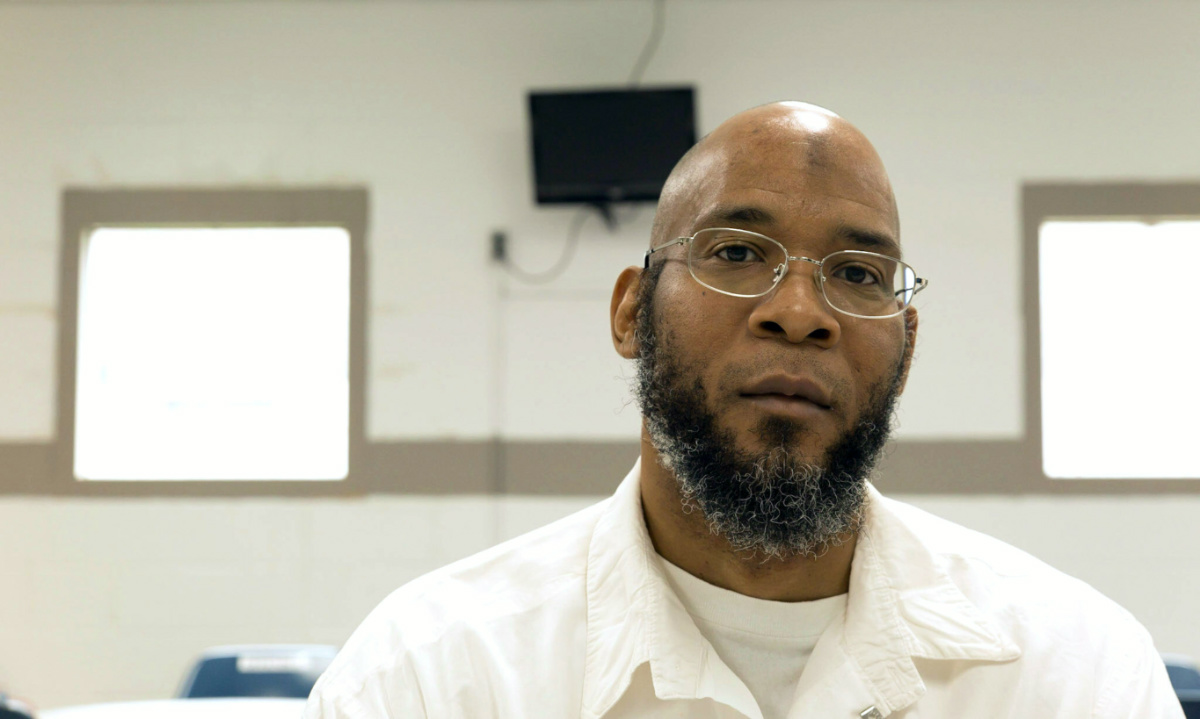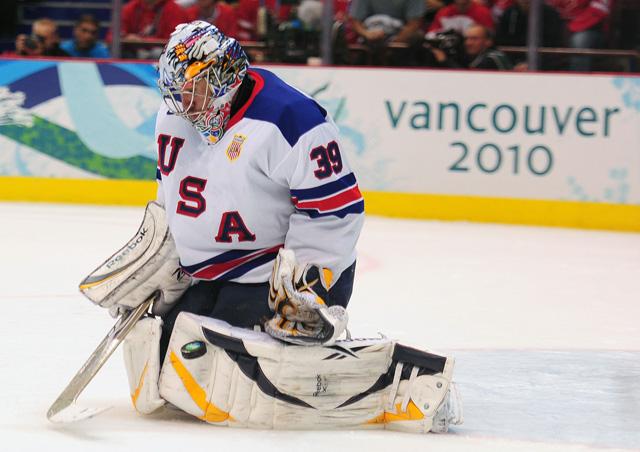The United States is one of the five countries across the world with the pldest drinking age. Unlike a number of other countries, underage drinkers in the United States face austere disciplinary actions.
Students can get busted on campus for underage drinking or for simply being in a room with people who are drinking. The first step for disciplinary action is almost the same for both occasions: attending Alcohol101 class and completing an online E Chug form. The difference is that the student gets a ticket if a breathalyzer gives a positive result.
The student has the option of either pleading guilty or not guilty and go to court. If the students plead guilty, they might pay under $500 and submit to other disciplinary actions. Even if they plead not guilty, they have a higher chance of losing.
The Alcohol 101 classes is one of the simplest procedures that underage drinkers face. A nice lady who teaches the class at Robert Morris University asks a couple of questions that student may ignore and tells them about the right way to drink and other “smart drinkers” things. The E Chug form is not hard to complete, but it may confuse students with the questions like: “In a typical month, how many weeks do you have an alcoholic drink?” or “What percent of US college students smoke marijuana at least once a month?”
The disciplinary actions that students who plead not guilty and are found guilty include three steps: complete 30 hrs of community service, complete Alcohol class (if the university Alcohol101 class is approved by the court, students will not have to complete another one) and to attend four Anonymous Alcoholics meetings.
Community Service seems like the best way to prevent future underage drinking. It is not the easiest one, but it makes students feel responsible for their misconducts.
Other disciplinary actions suggest that students are alcoholics. Attending four AA meetings says it openly.
It is hard to believe that students have to call themselves anonymous alcoholics and attend those meetings. It basically means that a person automatically becomes an alcoholic just by drinking before being 21. But what if a student just tried the alcohol for the first time and got busted? That person still would have to go to these meetings and








